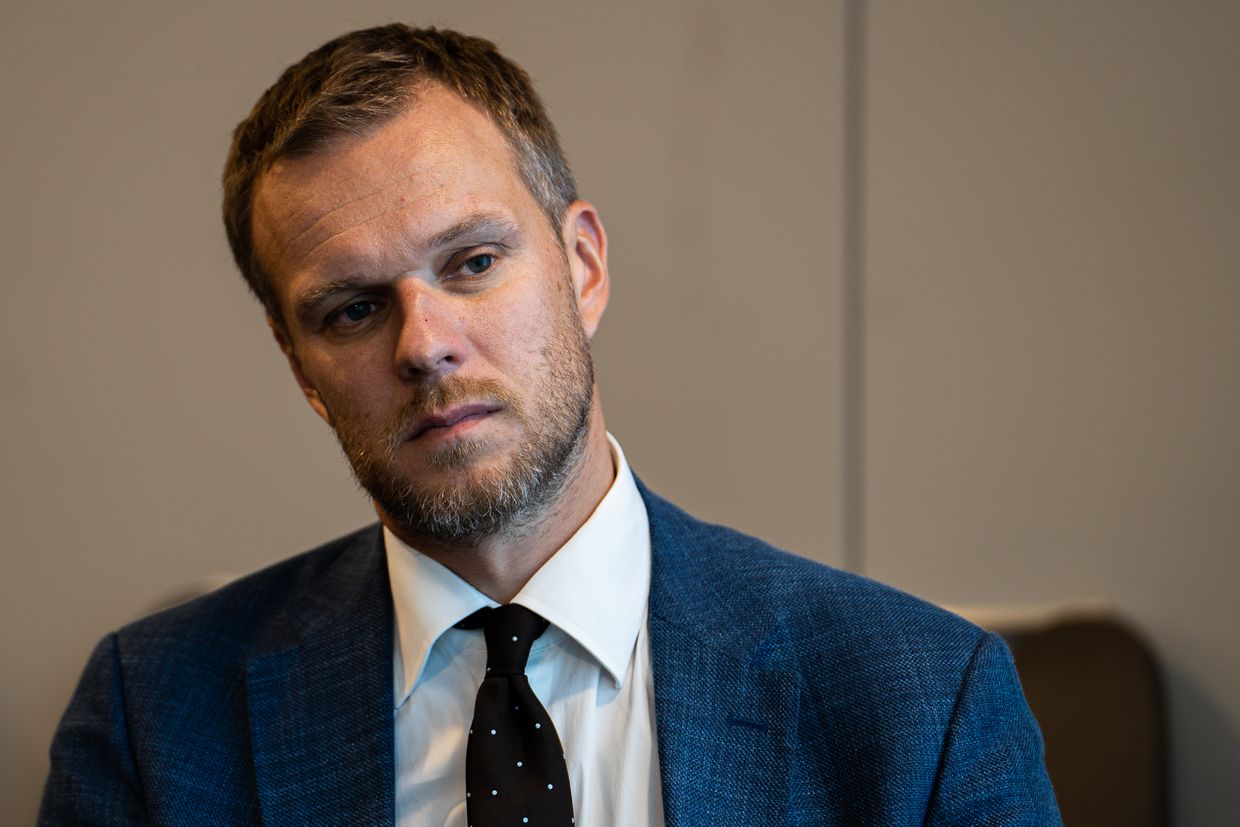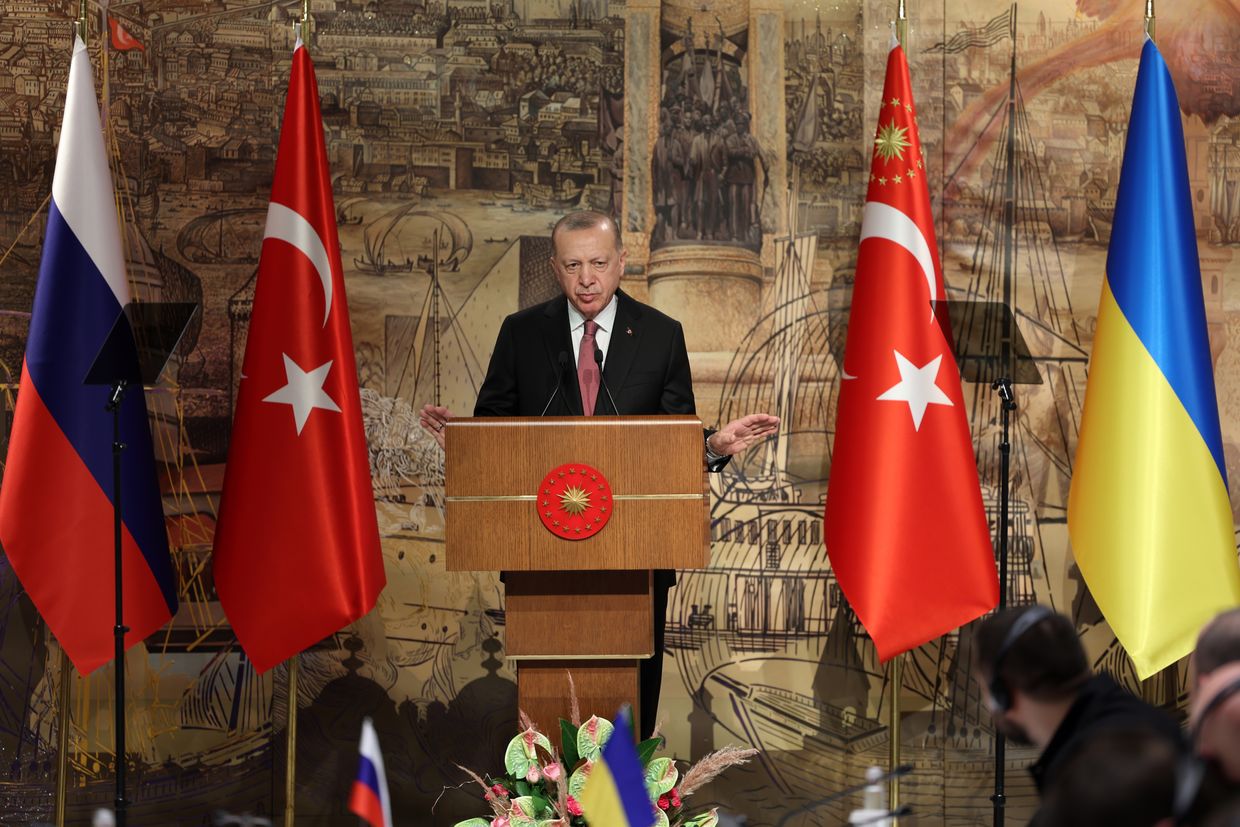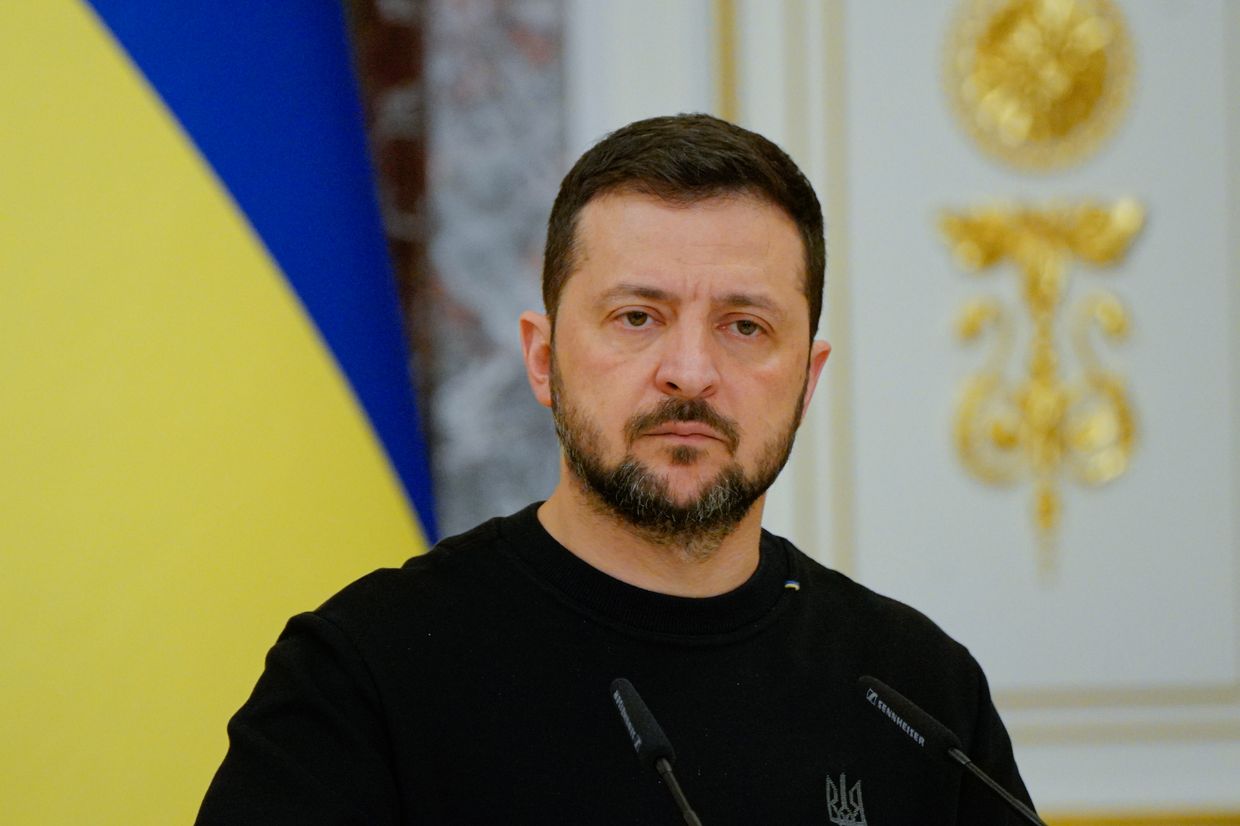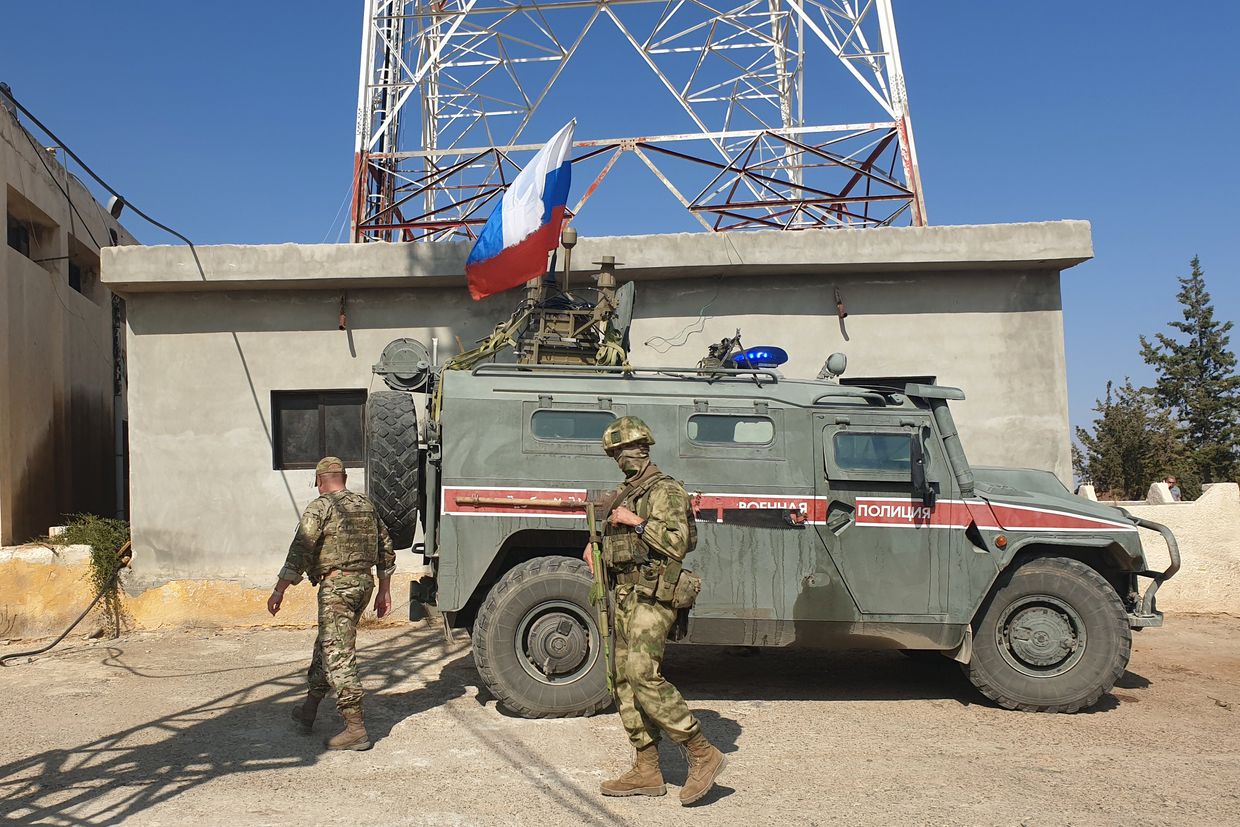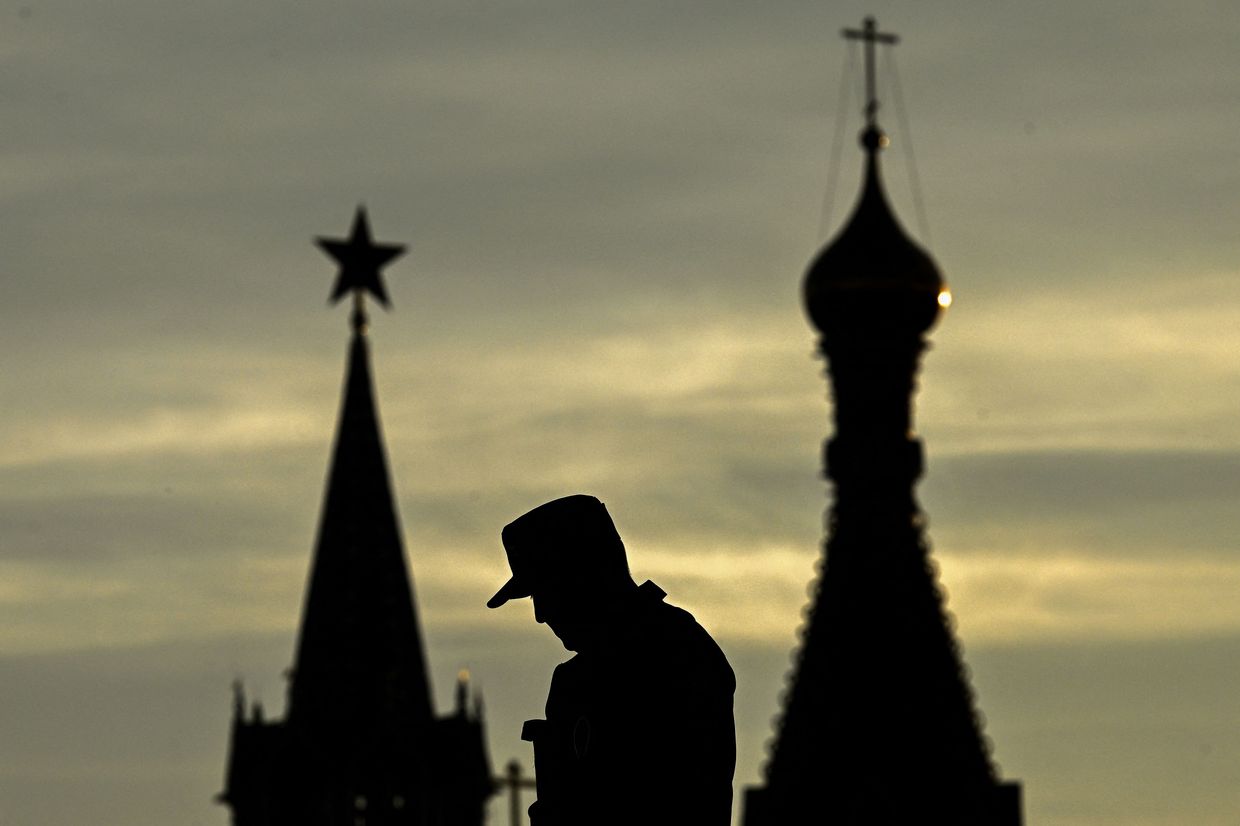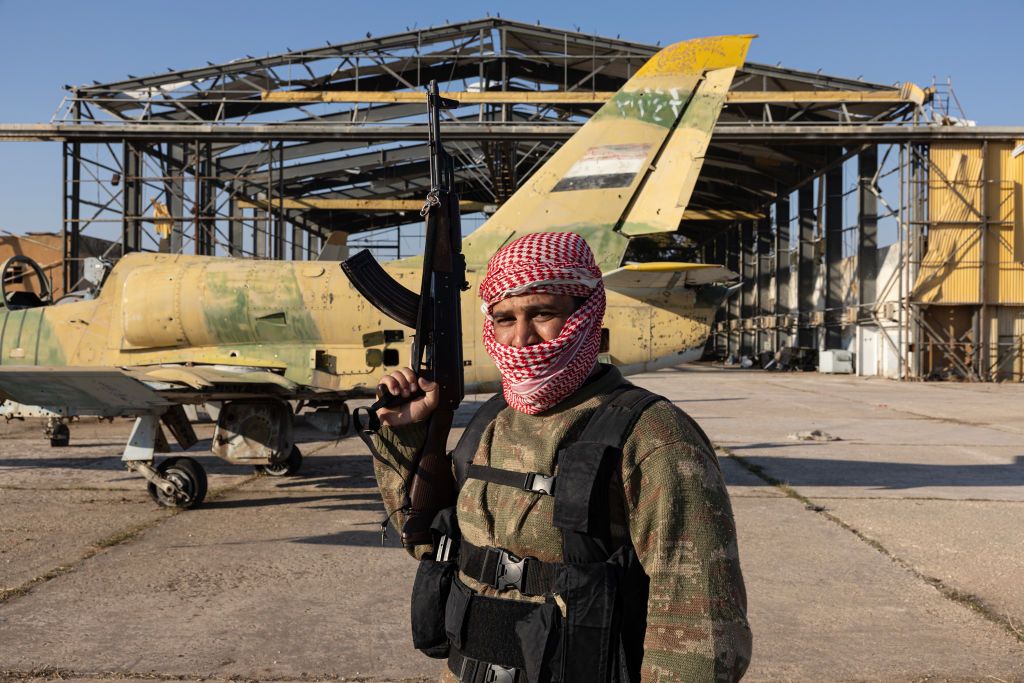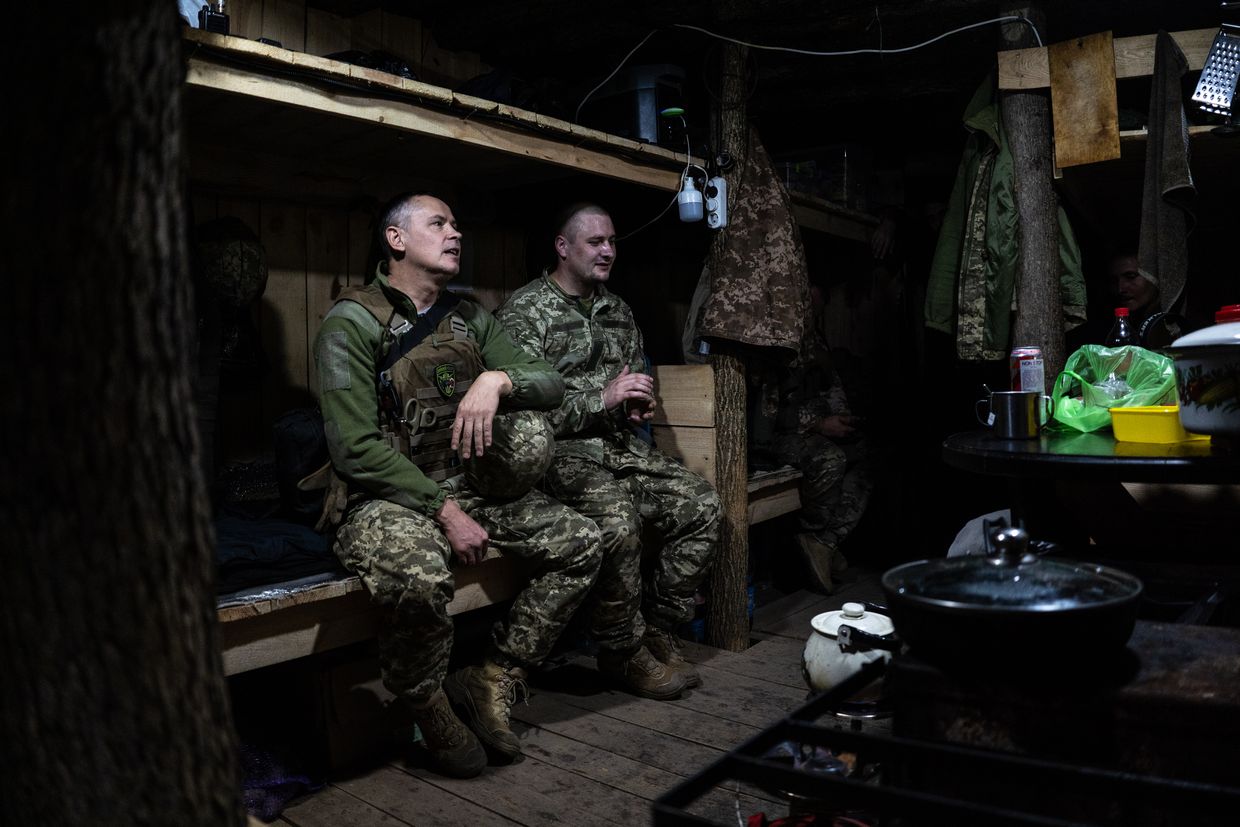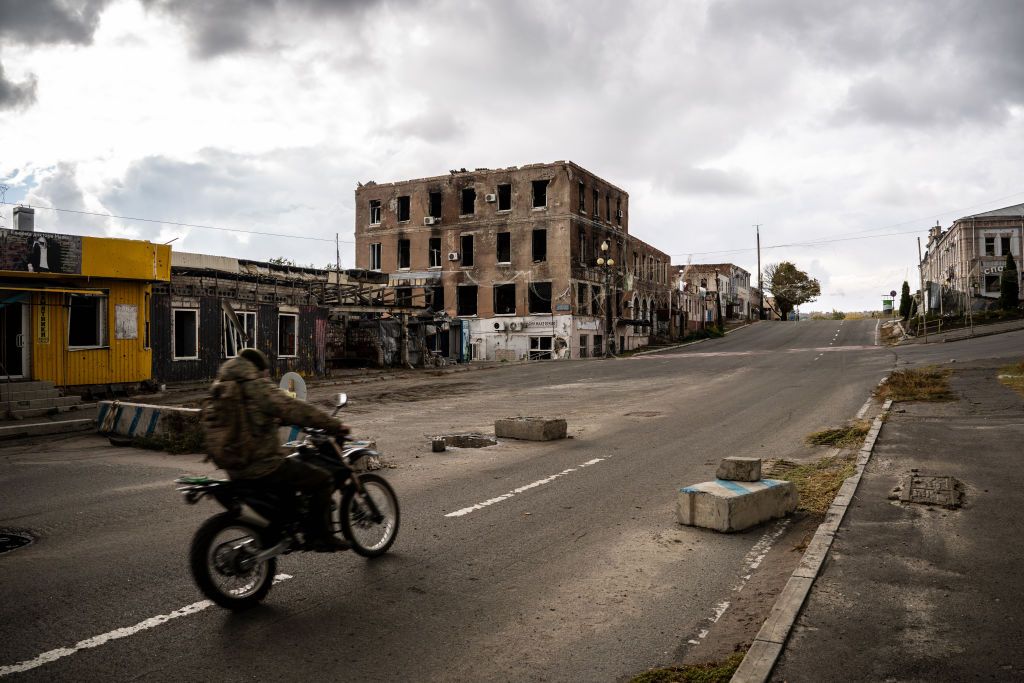In the wake of a Ukrainian incursion in Russia’s Kursk Oblast, Belarusian dictator Alexander Lukashenko began to move his country’s Armed Forces closer to Ukraine’s borders.
And Ukrainian officials began to pay attention to those movements.
Ukraine's Foreign Ministry warned that Belarus is "concentrating a significant number of personnel" and weapons along Ukraine's northern border, citing information gathered by the country's intelligence sources.
Most experts, citing open-source intelligence, have labeled Lukashenko’s recent statements as "information noise” aimed at demonstrating his loyalty to Moscow. But the increasing activity near the border highlights Lukashenko’s increasingly precarious position amid Russia's war against Ukraine, as he seeks to assert his relevance while avoiding deeper involvement in the conflict.
Lukashenko’s posture with respect to Ukraine shifted briefly in July.
After a series of escalations, he ordered the withdrawal of Belarusian military reinforcements from the border, sparking outrage from pro-war Russian bloggers. However, this de-escalation was soon overshadowed by multiple incursions of Russian drones into Belarusian airspace, which went unaddressed by Belarusian authorities.
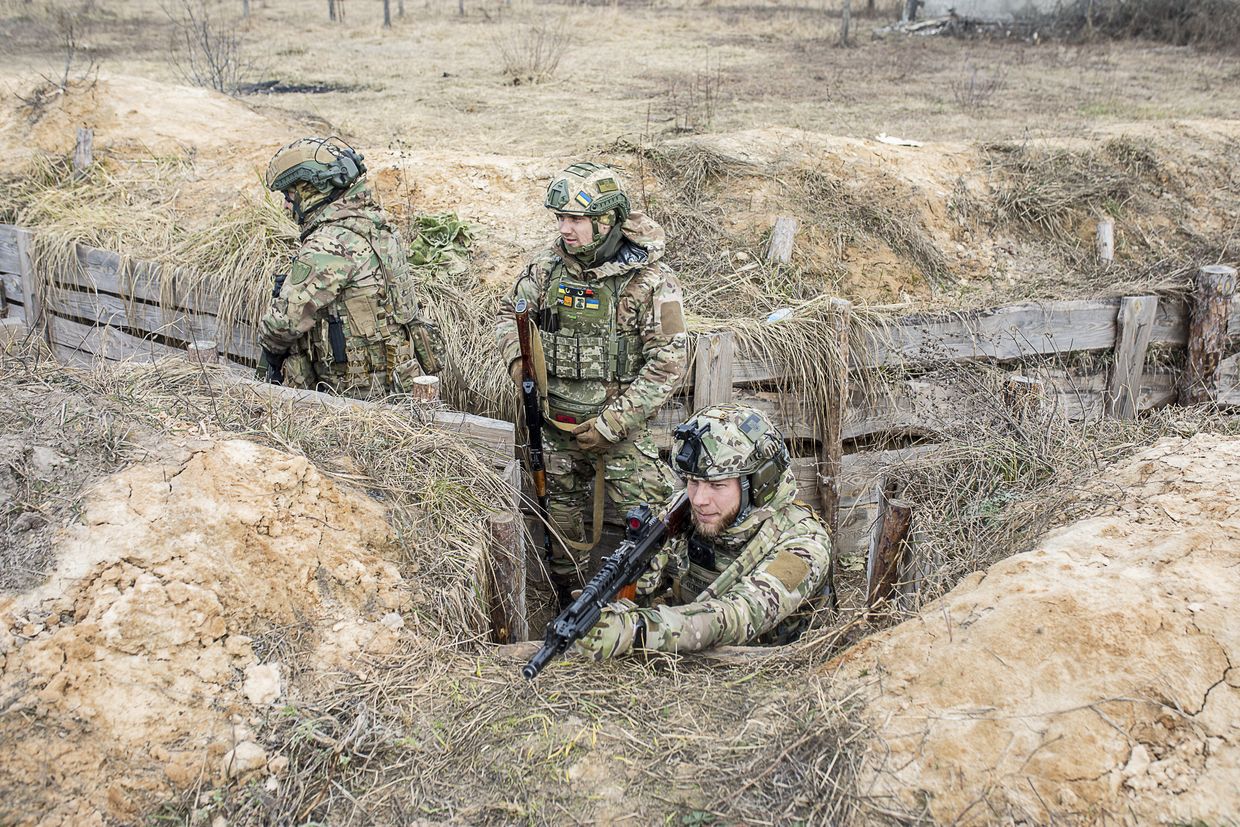
Ukraine’s incursion into Russian territory opens up avenues for Belarus to become more deeply involved in Russia’s war efforts through mechanisms of the Russia-led Collective Security Treaty Organization (CSTO) and the Union State between Russia and Belarus.
Belarus is expected to continue supporting Russia through its military-industrial complex, supplying essential components for the Russian war effort. Nevertheless, experts say that it is still unlikely that Belarusian troops will become involved in the conflict at any point.
To maintain his grip on power in the upcoming 2025 presidential elections and restore his legitimacy, analysts say Lukashenko is balancing support for Russia with the efforts to reopen some lost diplomatic avenues with the West.
Lukashenko’s gamble
The Belarusian authorities remained silent about Ukraine's incursion into Russia’s Kursk Oblast for some time. However, Lukashenko made the claim that Belarus had downed over a dozen Ukrainian drones in Belarusian airspace that had been on their way to strike targets in Russia.
The claim was promptly refuted as “nonsense” by Belarusian Hajun, an open-source intelligence project. Yet it sparked a series of actions from the Belarusian authorities.
The Belarusian Foreign Ministry summoned diplomats from the European Union and Ukraine and addressed both the United Nations and the Organization for Security and Cooperation in Europe regarding the alleged incursion.
On the same day, Belarusian Defense Minister Viktor Khrenin announced that Lukashenko ordered an increase in the military presence in Belarus’ southern Homel and Mazyr regions “to respond to possible provocations.” A week later, on Aug. 19, Maj. Gen. Andrey Lukyanovich, the commander of Belarus’ Air Forces, reported the movement of equipment and troops to the border.
In response, Ukrainian Foreign Ministry spokesman Heorhiy Tykhiy dismissed the allegations.
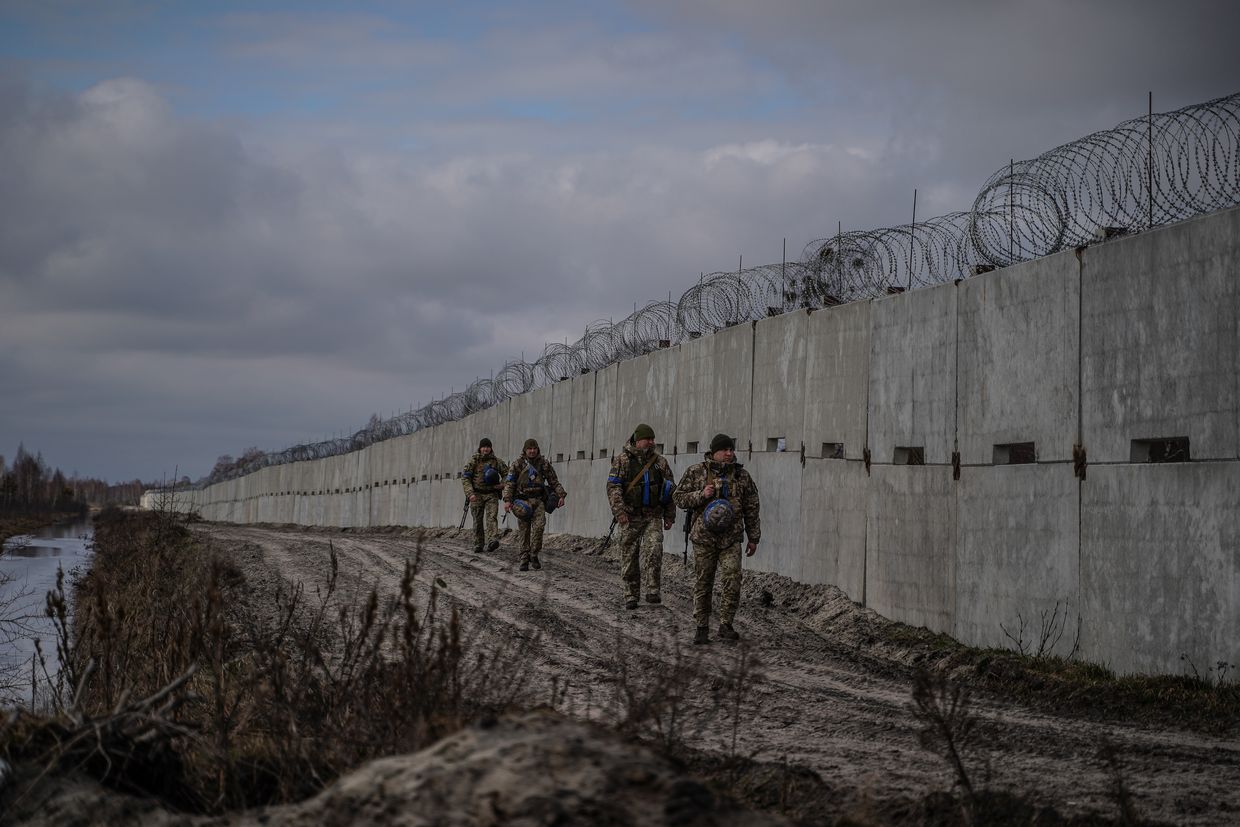
RFE/RL Belarusian service political analyst Valer Karbalevich described Lukashenko’s claims as “information noise.”
“It was an artificially created demonstration of allegiance to Moscow, as if to say, we (the Belarusian army) are holding the front here,” Karbalevich explained.
Still, any emergency akin to the Kursk incursion suggests increased risks for Belarus, suggests political analyst Alexander Friedman.
“There is always a possibility that Belarusian resources could be used by the Russians to patch up any gaps in their strategy,” Friedman said.
“It’s not necessarily about deploying the Belarusian army into Kursk; it could involve provocations against Ukraine on the Belarusian border. Given the potential for such situations, Lukashenko may feel compelled to imitate significant activity, despite the absence of any real threat.”
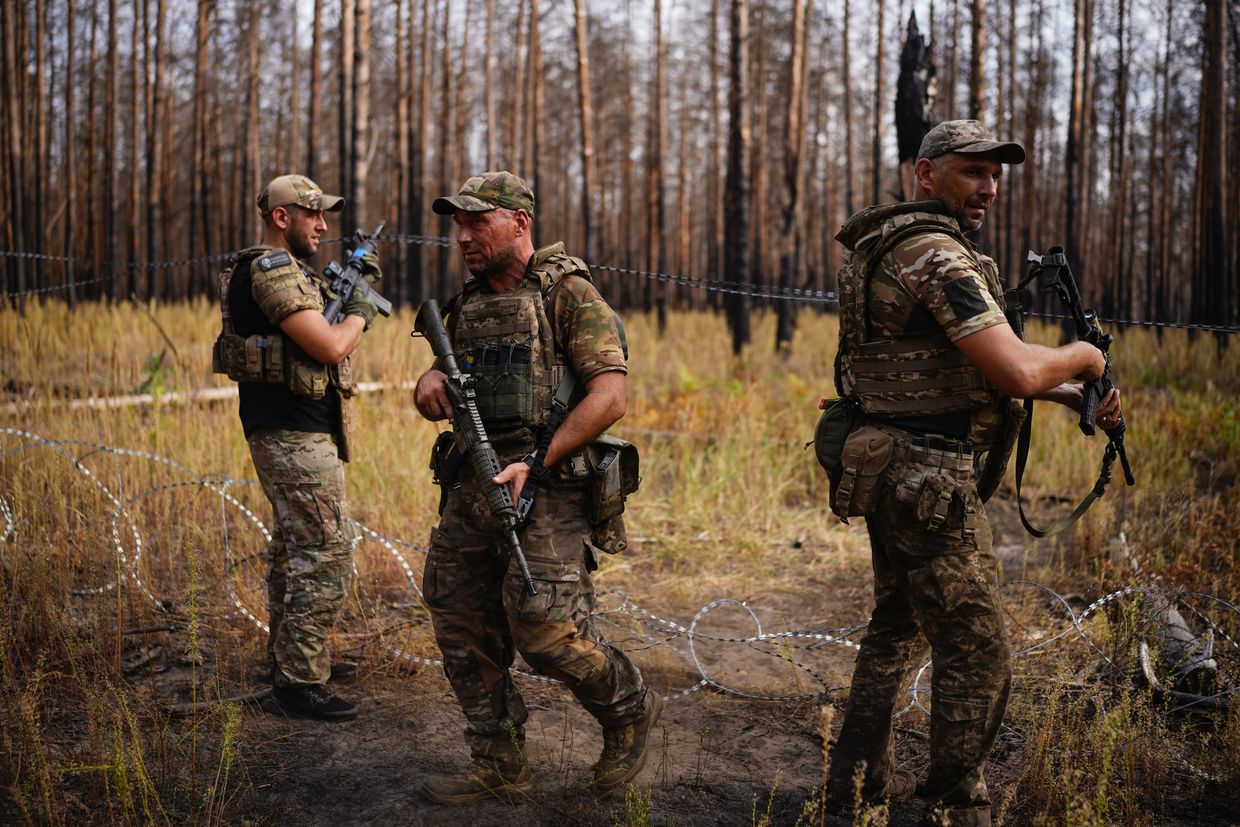
Playing it safe
The current escalation in Lukashenko’s rhetoric follows a brief thaw.
On July 13, after making a series of accusations against Ukraine for deploying its forces near the shared border, Lukashenko stated he had withdrawn troops from the border with Ukraine due to the stabilization of the situation.
This decision sparked outrage among Russian pro-war bloggers, who accused Lukashenko of betrayal, alleging that Ukrainian resources freed from patrolling the border had been transferred to Kursk.
Coinciding with the easing of Lukashenko’s stance on Ukraine, at least nine Russian Shahed drones entered Belarusian airspace between July 11 and July 31 while en route to Ukrainian targets.
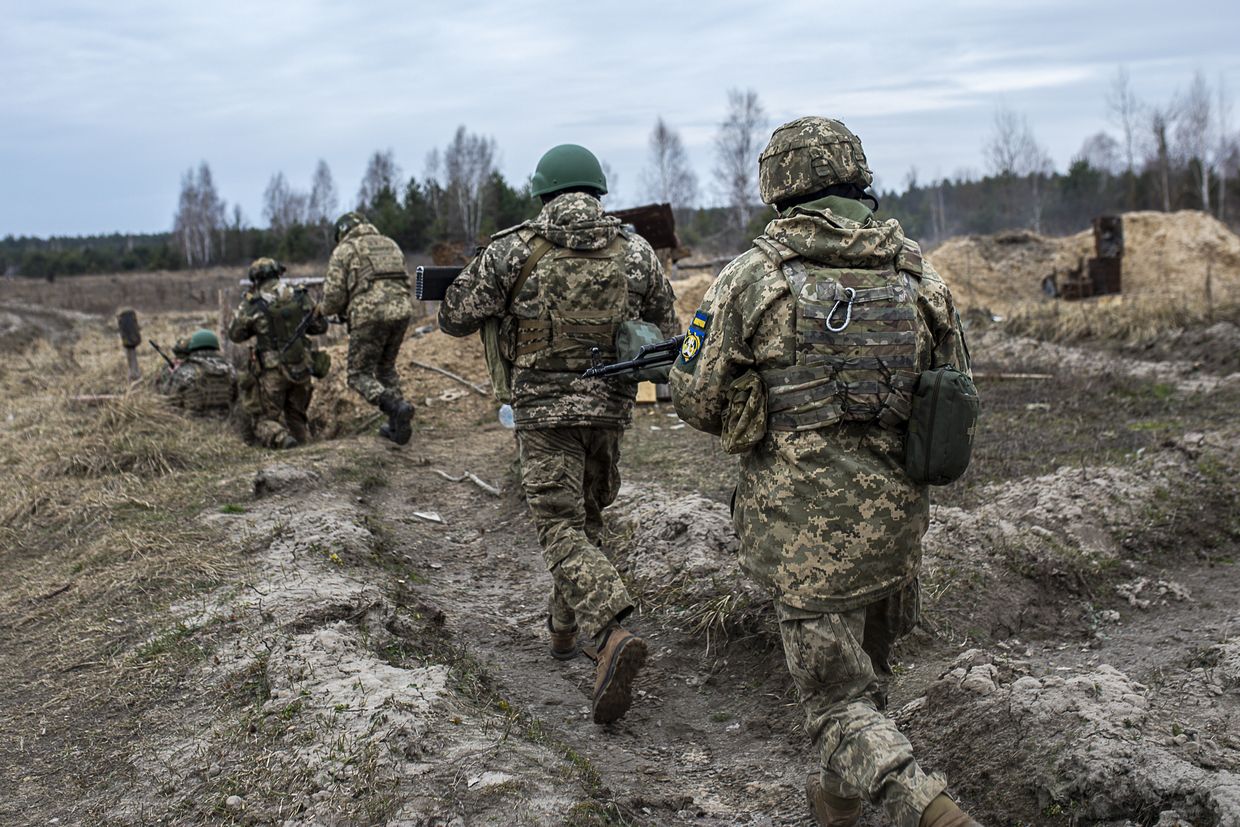
While some of the drones swiftly exited back to Ukraine, others flew over 250 kilometers into Belarus. Belarusian aviation monitored the movements of the Shaheds, but no interceptions were reported, and Lukashenko's officials have not acknowledged any of the incidents.
“Lukashenko has learned his place,” Friedman said. He argues that the incursions were not coincidental but served as a reminder to Lukashenko that Russia could use Belarus’ territory, despite the risk of retaliatory strikes from Ukraine.
“Russia has repeatedly shown that it considers Belarusian resources to be its own and is ready to exploit them,” Friedman said. “But the risks of destabilizing the situation in Belarus, basically Russia’s only real ally, are significant. That is why they have refrained from utilizing these resources so far.”
Analysts believe that July’s de-escalation, which quickly developed into renewed tensions at the border to put a strain on the already overstretched Ukrainian troops.
However, despite the new rounds of escalations, Lukashenko seems wary of doing more than absolutely required of him.
“It’s important for him to emphasize that even though he aligns with Russia, he’s trying not to participate in this (war),” Friedman told the Kyiv Independent. At the same time, in a bid to improve relations with the West, Lukashenko pardoned several of the regime’s 1,400 political prisoners and participated in a historic East-West prisoner swap, in which he released a German citizen who had been sentenced to death in Belarus.
It’s important for him to emphasize that even though he aligns with Russia, he’s trying not to participate in this (war)
The Belarusian Foreign Ministry has repeatedly called for a “constructive dialogue” with Belarus’ European neighbors.
In the recent interview with Rossiya TV Channel, aired as Ukraine’s incursion in Kursk was well underway, Lukashenko again called for talks “to end this scuffle.”
Lukashenko’s posturing as a peacekeeper in the region previously proved effective in breaking international isolation. The regime might bank on it again.
Minsk served as a neutral ground for negotiations between Kyiv and Moscow between 2014 and 2020, with Western countries beginning to gradually lift the sanctions they had imposed against Lukashenko for his regular brutal crackdowns on political opposition.
Following the crackdown on public upheaval since 2020, the sanctions were largely returned.
As the 2025 presidential elections loom, Lukashenko is eager to bolster his image as a peacekeeper domestically while striving to restore connections with the West to balance the country’s increasing dependence on Russia.
“Lukashenko presents himself as a guarantor of peace,” RFE/RL political analyst Karbalevich said. “In all his speeches, the message boils down to the ‘fact’ that the treacherous West is trying to drag Belarus into war.”
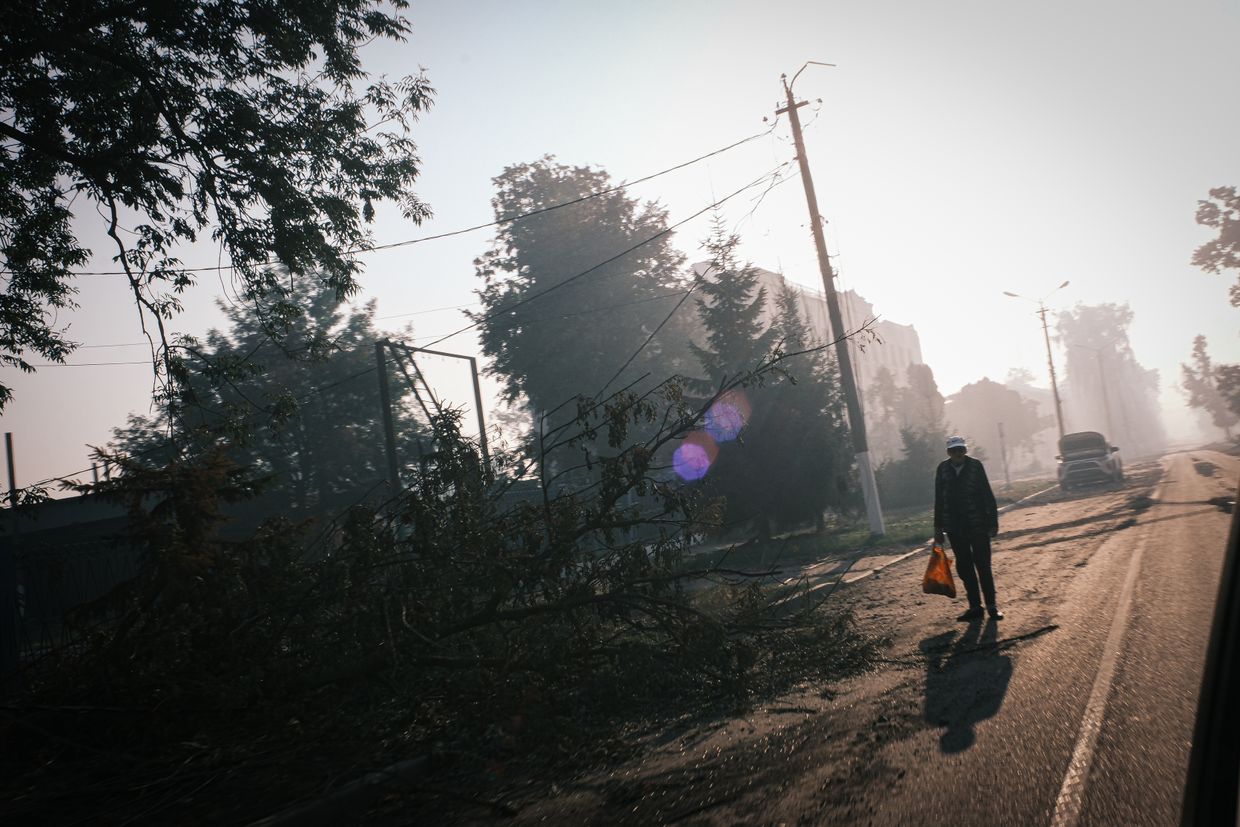
Russia’s top military subsidiary
The Russia-led CSTO, established as an alternative to NATO by six post-Soviet states, said on Aug. 16 that it would not send troops to Kursk Oblast, as Russia had not officially requested assistance from its members.
The CSTO’s members have pledged to provide military assistance to any member state that is attacked. However, the assistance depends on Russian desires.
In January 2022, Russia sent a “peacekeeping” contingent to Kazakhstan at the request of its authorities to help suppress mass protests over a spike in gas prices. However, the organization did not come to the aid of its member Armenia in its conflict with non-member Azerbaijan.
Despite continuing to characterize its war against Ukraine as “a special military operation,” avoiding a declaration of war and martial law, Russia had over 1,200 square kilometers of its own territory occupied by a foreign power.
Experts are skeptical that Russia would seek help from the CSTO.
“The CSTO, as it stands today, is a defunct structure,” Friedman said. “Armenia does not participate in it anymore. And the other countries, apart from Belarus, remain decidedly neutral. That’s why Russia, I think, realizes that such a request will simply lead to the collapse of the CSTO and would significantly worsen relations with these other countries.”
However, in addition to the CSTO, Belarus has obligations under its membership of the Union State, the Russia-Belarus supra-national entity that, in its boldest iteration, envisioned a potential merger of the two states.
The military doctrine of the Union States, which Lukashenko signed in 2021, suggests that the two states consider an attack on one of them as an attack on both.
“The so-called Union State Military Doctrine suggests that in the case of a military conflict, which formally does not exist yet, as Russia is conducting a ‘special military operation,’ not a war, the entire Belarusian army becomes subordinate to the Russian General Staff,” Kobets noted. “In this situation, the Belarusian army effectively ceases to exist. It becomes a (military) grouping subordinate to Moscow.”
Pavel Latushka, a Belarusian opposition politician and a member of the shadow cabinet of exiled Belarusian opposition leader Sviatlana Tsikhanouskaya, suggested on his YouTube Channel that Lukashenko is wary of sending Belarusian troops to Russia. To avoid that scenario, he sent Belarusian troops to the border with Ukraine.
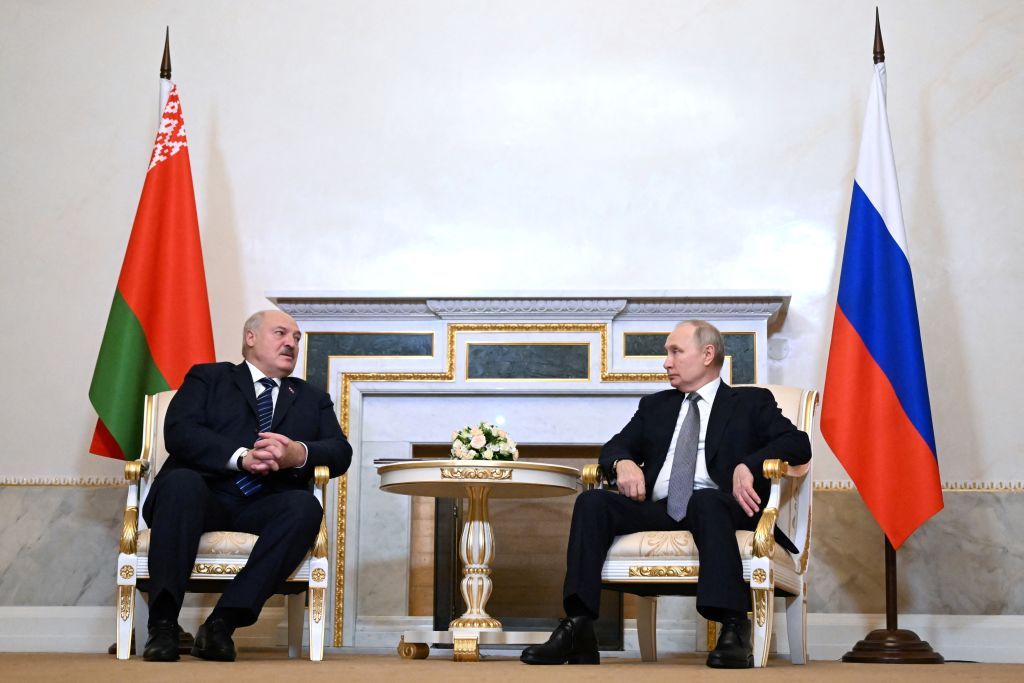
“I’m confident that’s what he has told Putin,” Latushka said. “(He’ll have said) ‘Belarusian society is strongly against the Belarusian army joining the war. I won’t be able to persuade them.’”
Analysts emphasize that any future involvement of Belarus in the war is likely to manifest differently than troop deployments to Kursk. Instead, they foresee the potential for provocations against Ukraine from Belarusian territory.
“It is much more important for Moscow not to get the unprepared and unmotivated Belarusian army involved, (...) but to use Belarus’ military-industrial complex, which was an assembly shop of the Soviet Union,” Kobets told the Kyiv Independent.
Kobets noted that the Belarusian military-industrial complex is working on two to three shifts to supply Russia with components, including optics for tanks and electronics for ballistic missiles, metal parts, uniforms, and even body bags. This support is more valuable to Russia than the participation of an untrained army, he said.
But should the conflict escalate to involve Russia’s Belgorod Oblast, or if there was a serious danger that Ukraine might gain control over the Kursk nuclear power plant, Friedman suggests, such circumstances might force Putin to set aside political calculations and request the deployment of Belarusian troops. Nonetheless, he emphasizes that such a scenario is purely hypothetical for now.
